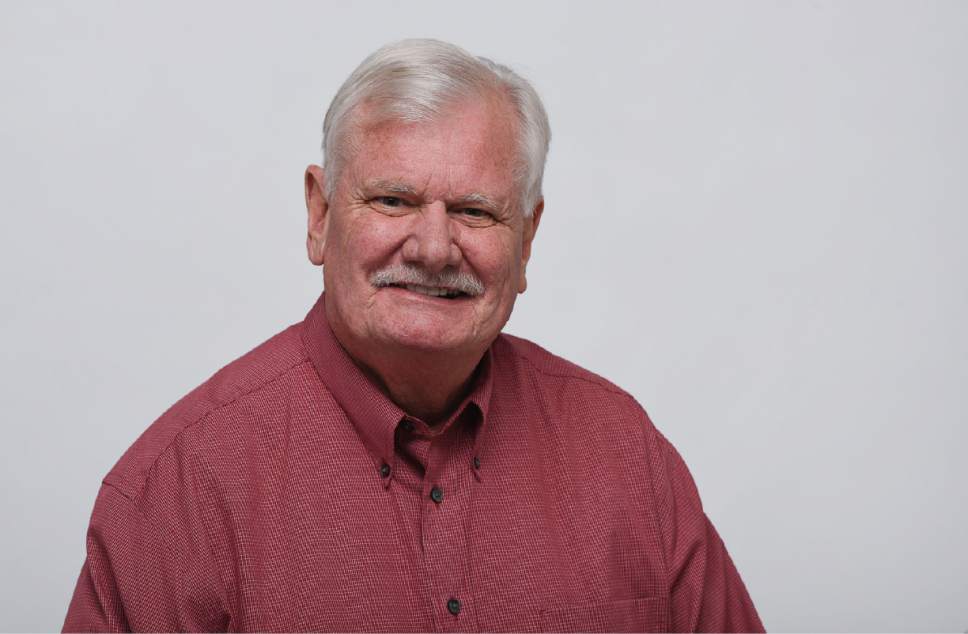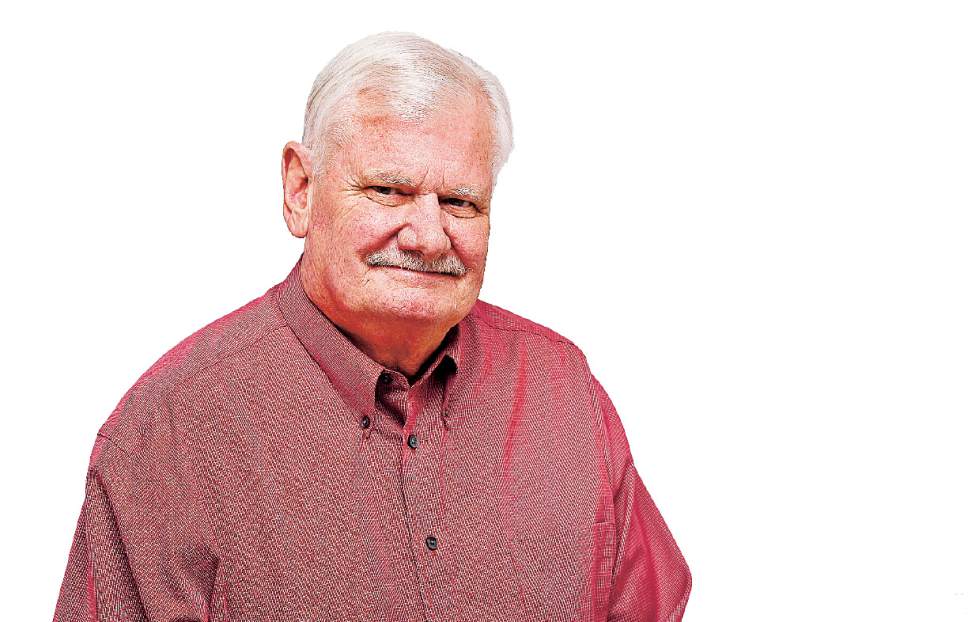This is an archived article that was published on sltrib.com in 2017, and information in the article may be outdated. It is provided only for personal research purposes and may not be reprinted.
The polluter-protection crowd among Utah policymakers runs deep.
I wrote earlier this week about the Legislature tying the hands of Salt Lake City officials, who sought to enforce an anti-idling ordinance. State lawmakers won't allow issuing fines until after a third warning, a restriction that became more relevant recently when up to 40 buses left their diesel engines running for hours during a conference at the University of Utah.
The Legislature's protectionist attitude toward diesels might reflect the number of farmers and ranchers either in the House and Senate or with influence over lawmakers.
Here's another story that demonstrates the challenges that air-quality advocates face in a state where agriculture interests have such controls over policymaking:
The Weber County Air Quality Advisory Committee spent months advocating for a vigorous diesel emissions testing program, much like the existing ones in Davis and Salt Lake counties.
Committee members put together presentations showing how such emissions can affect the environment and public health. They took their case to the Weber-Morgan Board of Health, which the air quality committee advises.
So how did the 11-member health board, comprised largely of elected officials from both counties, react? It disbanded the committee.
The reason, the board stated, was that there was no immediate work for the committee to do.
The board includes heavy representation from agricultural interests — which rely on diesel-run equipment — and several members did not take kindly to the air quality panel's push.
Last year, after committee Chairman Iain Hueton presented a PowerPoint demonstrating the dangers of diesel emissions, then-board Chairman Logan Wilde, a Morgan County Council member at the time who since has been elected to the Utah House, called the efforts to curtail such emissions an act of terrorism.
Wilde is a sheep and cattle rancher in Morgan County.
His comment prompted Hueton's wife, Jennifer Claesgens, to write a letter in Ogden's Standard-Examiner calling out Wilde and defending her husband, an MIT-educated biotech instrumentation development engineer.
The newspaper also ran an editorial condemning the "terrorism" comment.
Weber County eventually adopted a diesel-emissions testing program, but not without some controversy.
—
Streamlining government? • To satisfy President Donald Trump's ego and feed the myth that Hillary Clinton beat him in the popular vote because of voter fraud, a commission the White House set up is harassing state elections offices.
For absolutely no reason.
The Presidential Advisory Commission on Election Integrity, led by Vice President Mike Pence and Kansas Secretary of State Kris Kobach, is demanding states turn over all the information they have on registered voters, including their names, addresses, voting history and more.
Many states are refusing to comply. Utah Lt. Gov. Spencer Cox has said he will give the commission only the public information that is available to anyone for the standard fee of about $1,000.
But here is why all the hubbub is nonsense.
If the commission really is interested in the detailed information about each registered voter, all it has to do is walk over to the Republican National Committee and get it.
"We already have all that information," says Dave Hansen, longtime Republican strategist who has been the campaign manager for Sen. Orrin Hatch, Rep. Mia Love and former GOP gubernatorial candidate Jonathan Johnson.
Every political entity and many campaigns pay the fee and get the information on all the voters, Hansen said. "Then we do surveys and analysis and add political stuff, like their voting preferences, what issues they care about, and use that to target our voters in the campaigns."
Mark Thomas, director of Utah elections under the lieutenant governor, agrees. The state provides that information to political entities all the time, he said.
In fact, Thomas said, the RNC just last year paid the fee and got the files on all of Utah's registered voters. It made a request for updates this year and got that as well.
The irony: Trump and many congressional Republicans insist they are for less bureaucracy in government, yet they have created a whole new bureaucracy to gather information that is already available.





